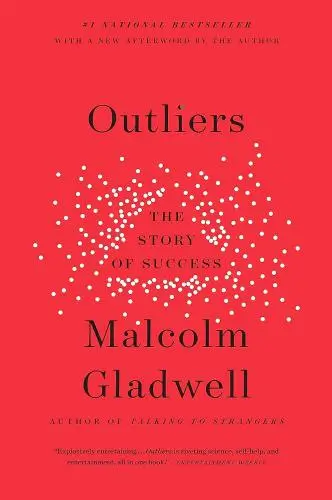Outliers
The Story of Success
What's it about?
Outliers by Malcolm Gladwell explores the factors that contribute to high levels of success. Gladwell challenges the notion of individual merit and emphasizes the importance of environmental factors such as cultural background, family, and opportunity. He delves into the 10,000-hour rule and the concept of cultural legacy, offering a thought-provoking perspective on what it takes to be exceptional.
About the Author
Malcolm Gladwell is a best-selling author known for his thought-provoking books such as "Outliers" and "The Tipping Point." With his engaging writing style and unique perspectives, Gladwell explores social psychology, human behavior, and the impact of small changes in various aspects of life. He delves into intriguing topics, challenging conventional wisdom and offering fresh insights that captivate readers and spark meaningful conversations.
7 Key Ideas of Outliers
- The Matthew Effect
- The 10,000-Hour Rule
- The Trouble With Geniuses, Part 1
- The Trouble With Geniuses, Part 2
- The Three Lessons of Joe Flom
- Historical and Cultural Dynamics
- Harvesting Intelligence: Farming and Math
The Matthew Effect, or the principle of cumulative advantage, is a fascinating phenomenon that can be summarized by the adage "the rich get richer and the poor get poorer." This concept isn't confined to financial wealth; it extends into various aspects of life, including education, professional careers, and even sports. It's named after a verse in the biblical Gospel of Matthew which essentially suggests that those who have will receive more.
At its core, this effect describes how initial advantages can snowball over time leading to larger gaps between individuals. For instance, children who start reading early may develop stronger literacy skills which lead to better academic performance and educational opportunities down the line. Similarly, athletes identified as talented at a young age often receive more coaching and practice time, enhancing their abilities further compared to their peers.
The Power Dynamics in Education
In educational settings, we witness how small differences in learning ability are magnified through teacher attention and resources directed towards perceived high achievers. Early successes become self-reinforcing because they lead to higher expectations and greater investments in those students' development.
Teachers play a pivotal role here; they might inadvertently contribute to widening achievement gaps by allocating more attention and support towards students who show early promise. Consequently, these students are likely on paths toward greater academic success while others may fall behind due not only to lack of skill but also reduced access to supportive resources.
Sports: A Field Rife with Examples
Sports offer clear examples where relative age effects demonstrate the Matthew Effect vividly. In many youth sports leagues around the world with cutoff dates for age groups (often January 1st), children born just after this date enjoy almost an entire year's worth of physical development over those born later in the year when selected for teams or competitions.
This slight edge leads coaches to select them more frequently for specialized training programs assuming they're inherently superior athletes due solely—or largely—to their relative maturity rather than actual talent or potential.
Tactics
- Consider Broader Environmental Influences: Recognizing that personal achievements aren't solely individual efforts but also outcomes influenced by one’s environment.
- Promote Fairness Through Systemic Changes: Pushing for reforms that provide equal chances regardless of when someone was born or what initial advantages they had.
- Challenge Conventional Notions About Success: Encouraging society at large not just accept surface-level explanations for why some people succeed immensely while others do not.
- Advocate For Equal Opportunities: Working towards policies ensuring equitable distribution resources so everyone has fair shot reaching their full potential
- Encourage Holistic Evaluation: Emphasizing need look beyond mere metrics like test scores athletic performance alone assess true capability growth potential
By understanding these dynamics deeply ingrained within our systems—whether consciously designed such way unintentionally perpetuated—we begin see clearer picture complexities surrounding success failure across different domains life. Acknowledging existence influence Matthew Effect first step toward crafting solutions mitigate its impact ensure level playing field all members society regardless starting point journey toward achieving greatness whatever form may take them individually collectively as whole community nation global citizenry alike
Key Examples/Data
- The Roseto Mystery: The town of Roseto, Pennsylvania, was found to have remarkably low rates of heart disease and other health issues. The townsfolk were found to be dying of old age, with virtually no heart disease or signs of health issues before the age of fifty-five. The death rate from all causes in Roseto was 30 to 35 percent lower than expected. This discovery led to the realization that the secret of Roseto's health wasn't diet, exercise, genetics, or location, but rather the social structure and community they had created for themselves in their tiny town in the hills.
- Hockey and Relative Age: In the context of Canadian hockey, it was found that a disproportionate number of professional hockey players were born in the first few months of the year. This was attributed to the eligibility cutoff for age-class hockey, where a small age difference in preadolescence represented a significant difference in physical maturity. This led to a cascading effect where the initial small advantage led to further opportunities, ultimately resulting in a significant advantage for those born in the early months of the year.
- Consequences of Relative Age: The consequences of relative age were discussed, particularly in the context of education. It was noted that the initial disadvantage caused by relative age persisted and had long-lasting effects, impacting achievement and opportunities for thousands of students. The example of the Czech and Canadian national teams was used to demonstrate how the arbitrary choice of cutoff dates led to squandered talent.
- Opportunities for Success: The discussion emphasized the need to acknowledge the impact of cutoff dates and the systems set up to determine success. It proposed alternative approaches, such as setting up separate leagues divided by month of birth in sports and implementing similar strategies in education to level the playing field for those who have been dealt a disadvantage by the system.
Quotes
- "Success is the result of what sociologists like to call accumulative advantage."
- "We make rules that frustrate achievement. We prematurely write off people as failures. We are too much in awe of those who succeed and far too dismissive of those who fail." 3 "He's had to work very hard for whatever he's got. I'm very proud of him."
Outliers Summary: Common Questions
Experience Personalized Book Summaries, Today!
Discover a new way to gain knowledge, and save time.
Sign up for our 7-day trial now.
No Credit Card Needed

Similar Books

Comprehensive Casebook of Cognitive Therapy
Frank M. Dattilio
The Piano Teacher
Elfriede Jelinek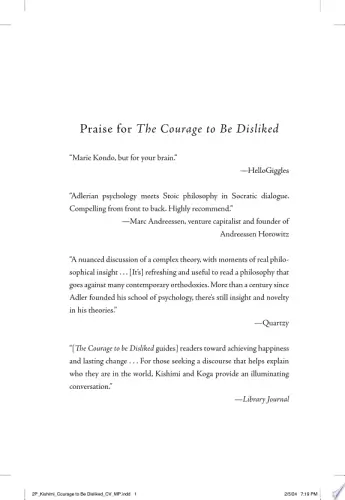
The Courage To Be Disliked
Ichiro Kishimi
We Were Liars
E. Lockhart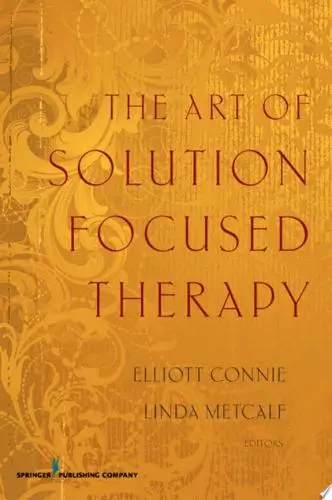
The Art of Solution Focused Therapy
Elliott Connie, MA, LPC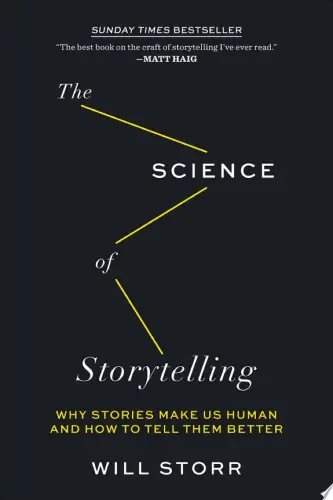
The Science of Storytelling
Will Storr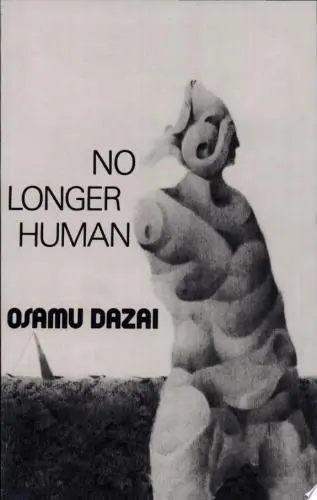
No Longer Human
太宰治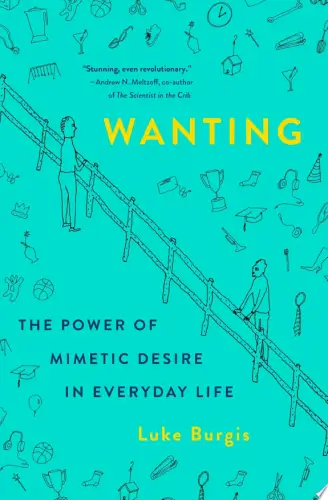
Wanting
Luke Burgis
Mrs Dalloway
Virginia Woolf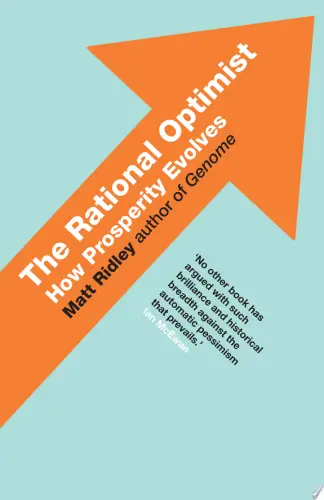
The Rational Optimist
Matt RidleyTrending Summaries

Peak
Anders Ericsson
Never Split the Difference
Chris Voss
Smart Brevity
Jim VandeHei
The Psychology of Money
Morgan Housel
The First 90 Days
Michael D. Watkins
Atomic Habits
James Clear
Thinking, Fast and Slow
Daniel Kahneman
The Body Keeps the Score
Bessel van der Kolk M.D.
The Power of Regret
Daniel H. Pink
The Compound Effect
Darren HardyNew Books

Comprehensive Casebook of Cognitive Therapy
Frank M. Dattilio
The White Night of St. Petersburg
Michel (Prince of Greece)
Demystifying Climate Models
Andrew Gettelman
The Hobbit
J.R.R. Tolkien
The Decision Book
Mikael Krogerus
The Decision Book: 50 Models for Strategic Thinking
Mikael Krogerus
Fichte
Johann Gottlieb Fichte
Do No Harm
Henry Marsh
This is Going to Hurt
Adam Kay
